With the current interest rate market, every mortgage applicant is looking for a way to get a cheaper interest rate.
But did you know that one of the biggest factors that determine your interest rate is your credit score? Imagine if you can instantly increase your credit score by 20, 40 or even 100 points!
That will instantly result in a cheaper interest rate on your mortgage loan. Here are a few simple tricks on how to increase your credit score quickly.
1. Review your credit report for high balances
Check through your credit card balances on your credit report to make sure they are all below the 9% mark (it should be below 9% on each individual credit card, not overall).
If they are, then that’s good.
If they’re above the 9% mark, you’ve got what to work on! Pay off your balances and wait until the cleared balances get reported to the credit bureaus.
At that point, your credit should shoot up. (I often see it shooting up by more than 100 points!!) Moving forward, be sure to keep an eye out on keeping your balance below 9%.
Credit utilization is one of the biggest factors which credit models look at while calculating your credit score. You could have had a FICO score of 800 or more, but...
2. Reactivate old or unused credit cards
A very important factor in having an excellent credit is a long credit history. Therefore, if your first credit card is less than a year old, don’t expect your credit to be too high. Moreover, if you have an old credit card but have not used it within the past few months, FICO will look at it as an inactive account and not count it as a positive account.
If that is the case then just start using the credit card again and once it gets reported as used, your score will go back up. If you have old accounts that you closed then you might want to call the bank to ask if they can reopen the closed accounts.
3. Piggybacking credit (authorized user)
A common and quick way to boost your credit score quickly is by adding yourself as an authorized user to someone else’s account. Obviously, make sure that the account is an old account and has a good payment history. Once that account reports, you should see your score go up a lot.
Piggybacking credit is having a third party, a creditworthy individual, add you to their credit card as an authorized user. This allows you to receive the credit benef...
4. Get more credit cards to change your score card
It’s an interesting concept used when it comes to calculating credit scores. The FICO scoring model is built in a way in which it groups people with similar credit files and similar credit history into categories.
Let’s say Mr. A has 8 open cards, the oldest being 10 years old, and he has made 3 late payments – 4 years ago. FICO will match him up with other people with similar credit history. FICO will then look at the average percentage of the people in that group who have defaulted on a payment. They will calculate your score based on that percentage.
These groups are known as scorecards. Each FICO scoring model has about 10-12 different scorecards, aka categories.
A person’s credit score will be affected by a missed payment based on the scorecard they fall into.
For example, if you don’t have any late payments on your report, and your account is open for 10 years already, your first late payment will have a smaller effect on your credit score.
If someone has a history of making late payments, they’ll be categorized according to that, and their score will be affected more.
Score card are categorized based on:
- The total number of accounts you have
- Age of your oldest account
- Type of tradelines you have
- How many late payments you have had in the past
- And more
This can be used to your advantage! If you open more credit cards, you may be brought into a new (& better) scorecard as the “total number of accounts” will change.
Here are some other ways of changing scorecards:
- Having at least one open installment loan. This is a loan that is repaid over a certain amount of time, with a certain amount paid per month, for example; mortgages and car loans.
- Having at least one credit card with a zero balance.
- Getting added as an AU to a credit card that is older than your own oldest credit card (for mortgage loans only).
People ask, how much will a late payment affect my credit score? 100 points? 150 points? What effect will high utilization have on my credit score? The answer to all o...
5. Checking your credit report
Of course, you also want to check your credit report to make sure there are no negative errors found on it. A Federal Trade Commission Study in 2013 found that one in four consumers find errors on their credit reports that could impact their credit scores.


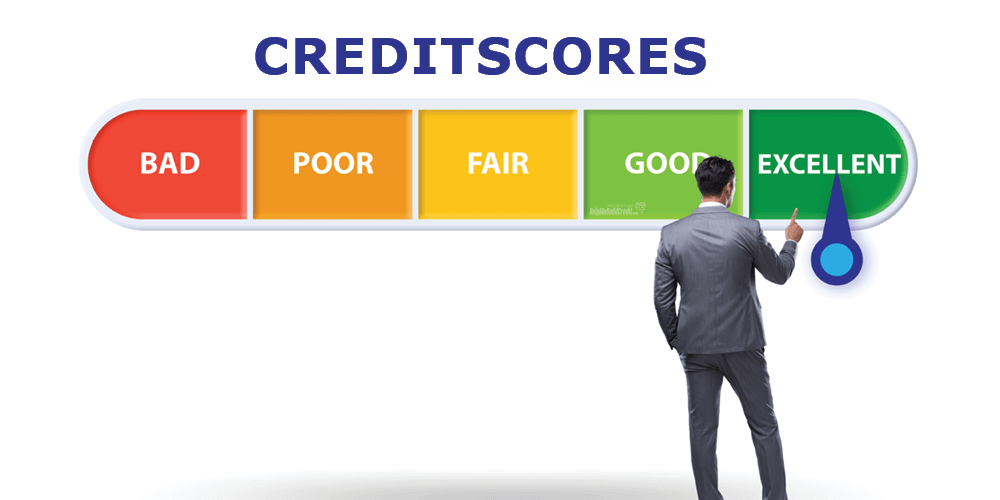

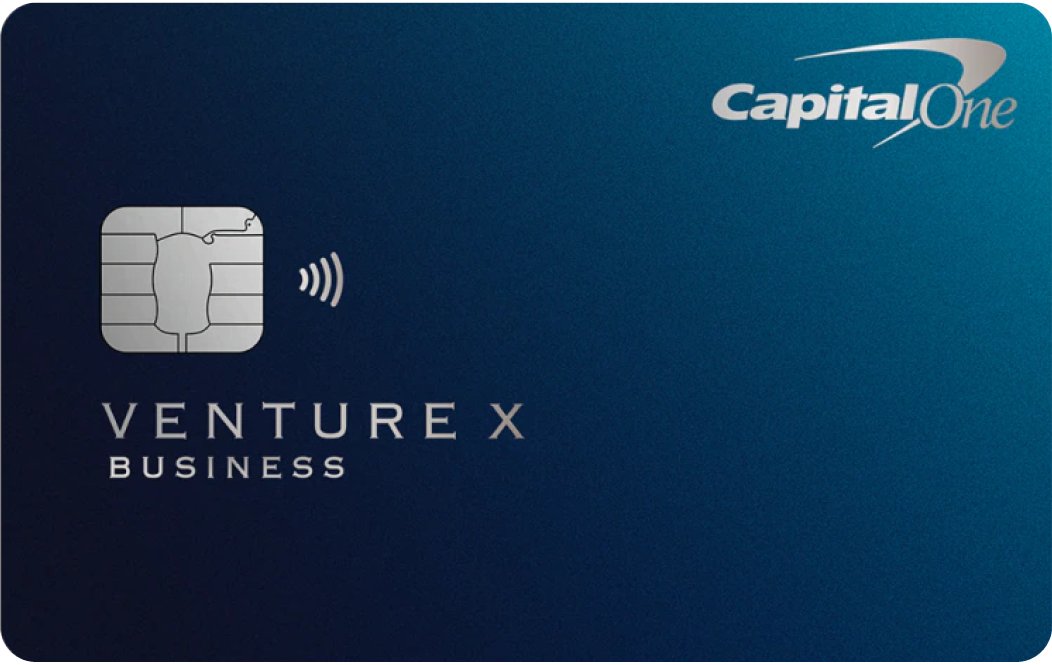
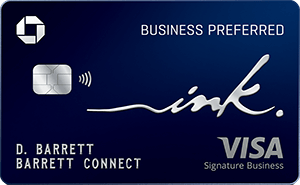
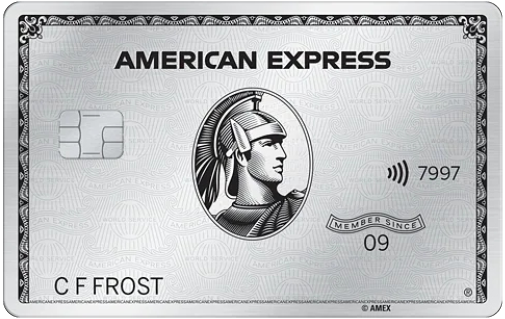
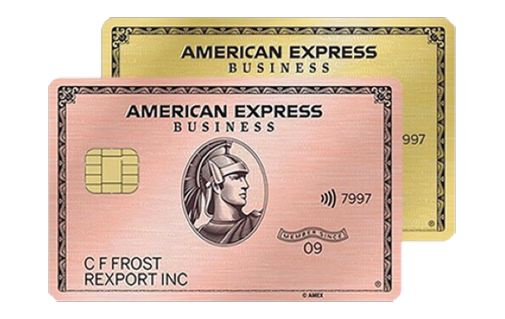



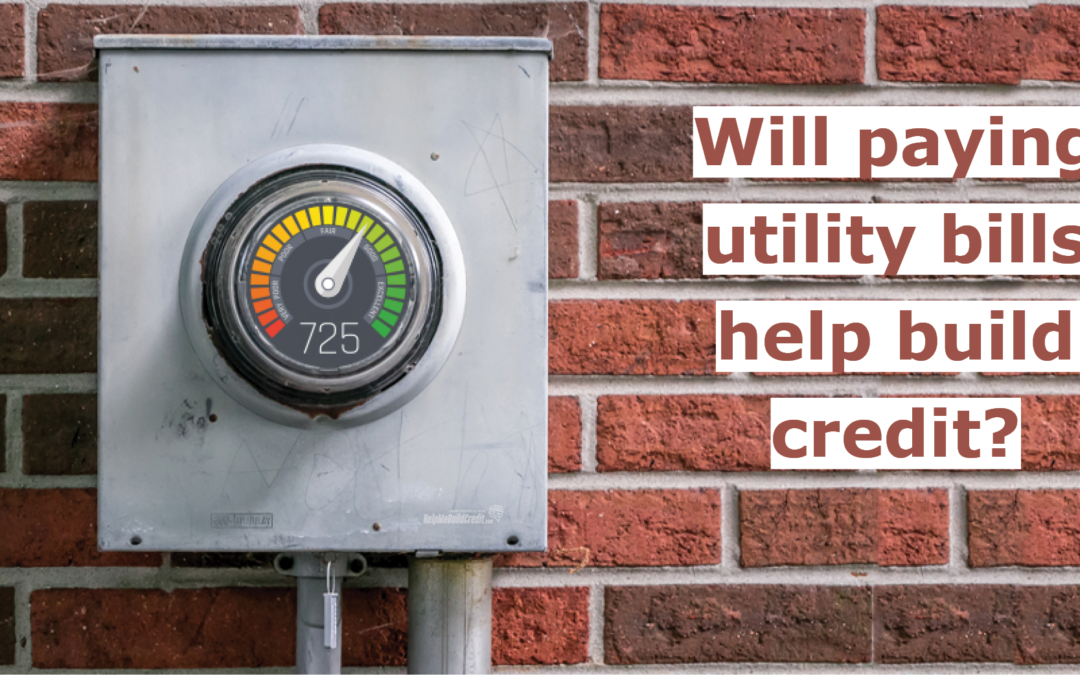
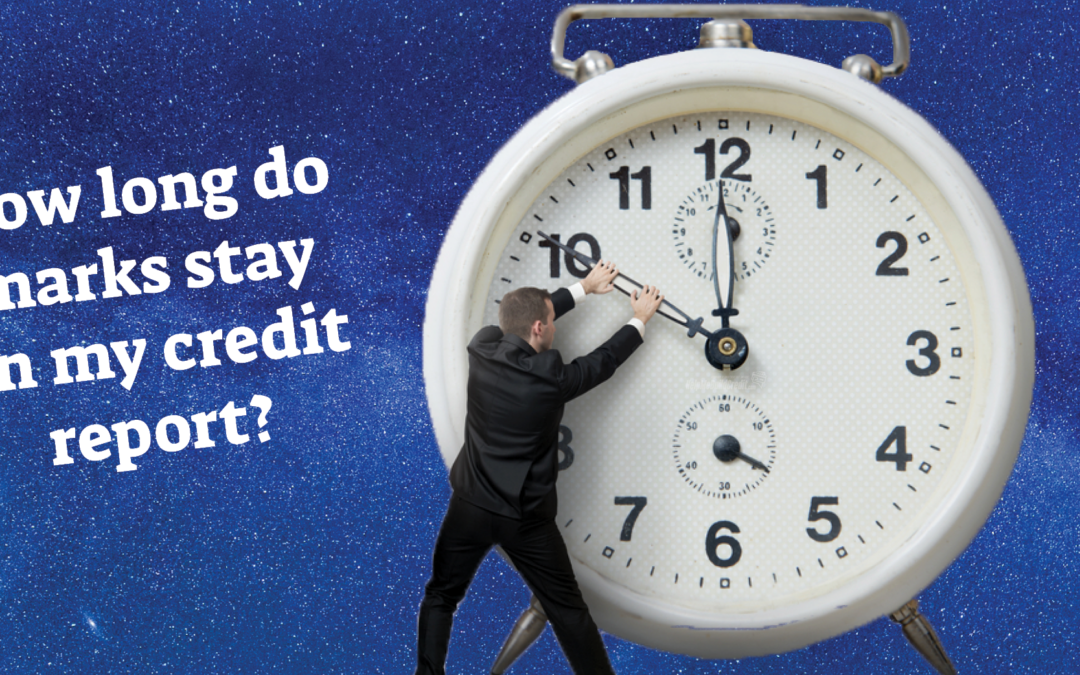
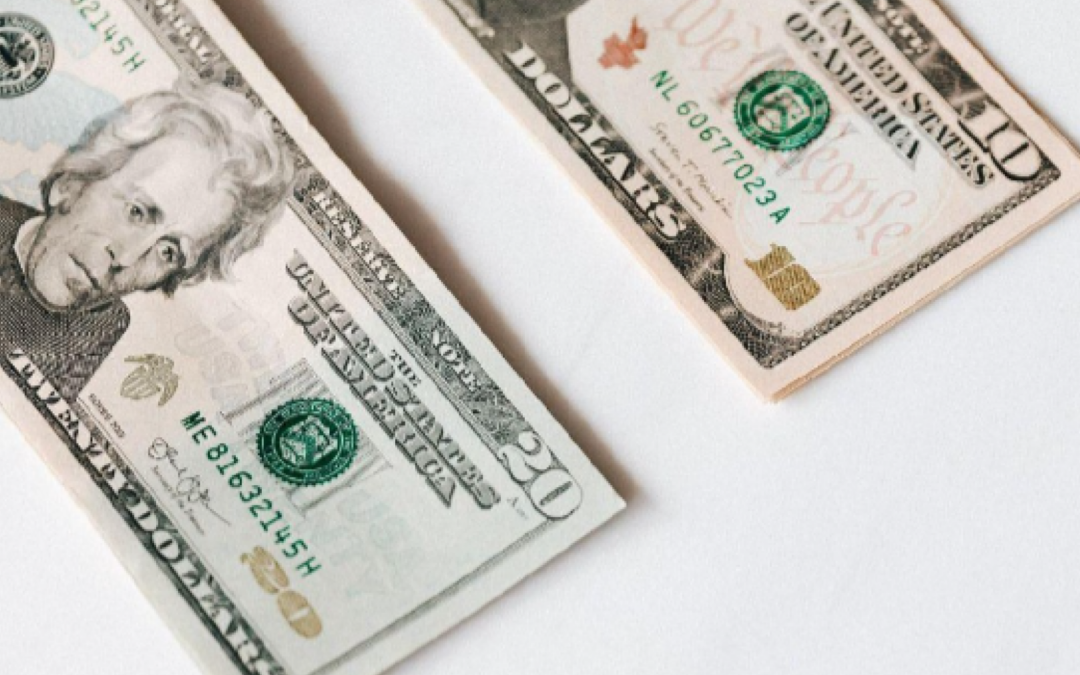

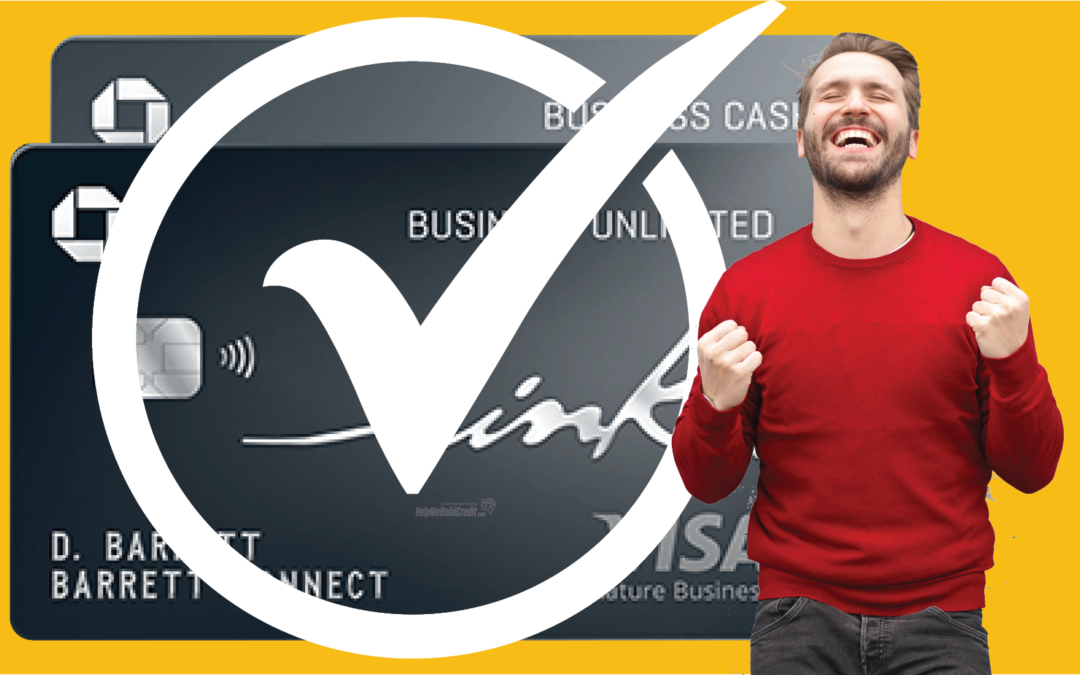
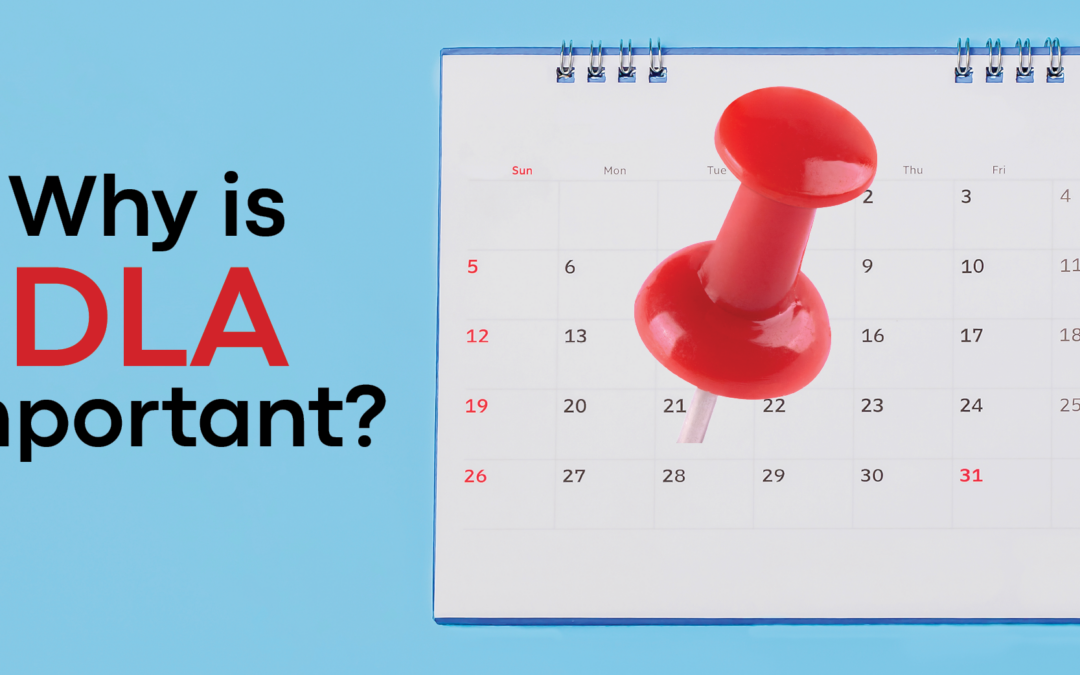
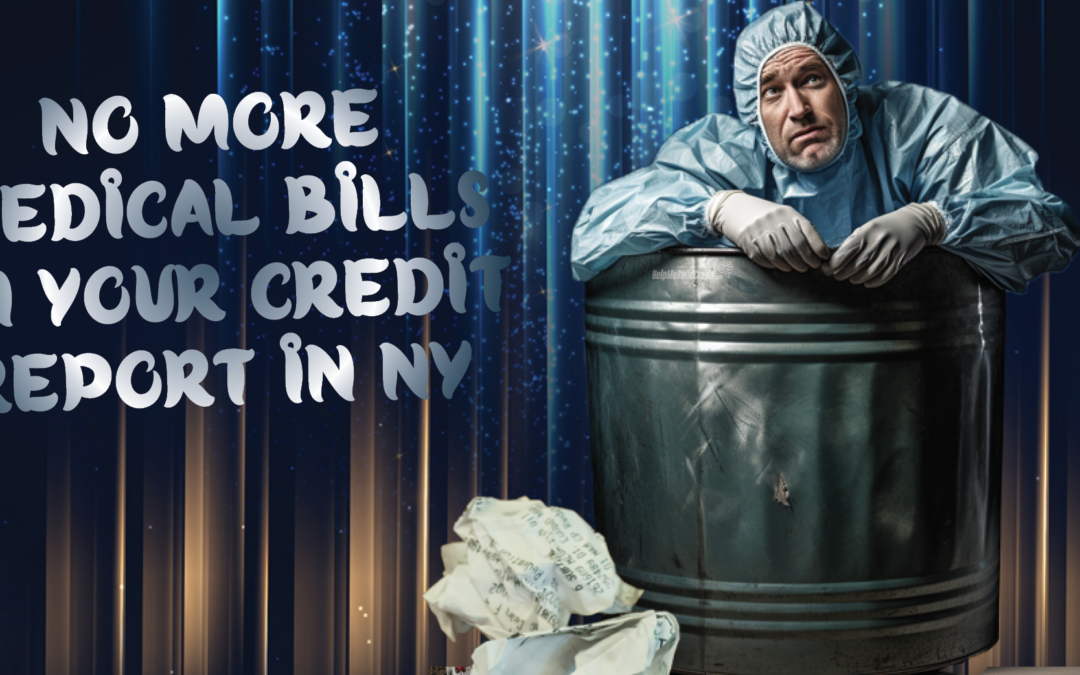


0 Comments